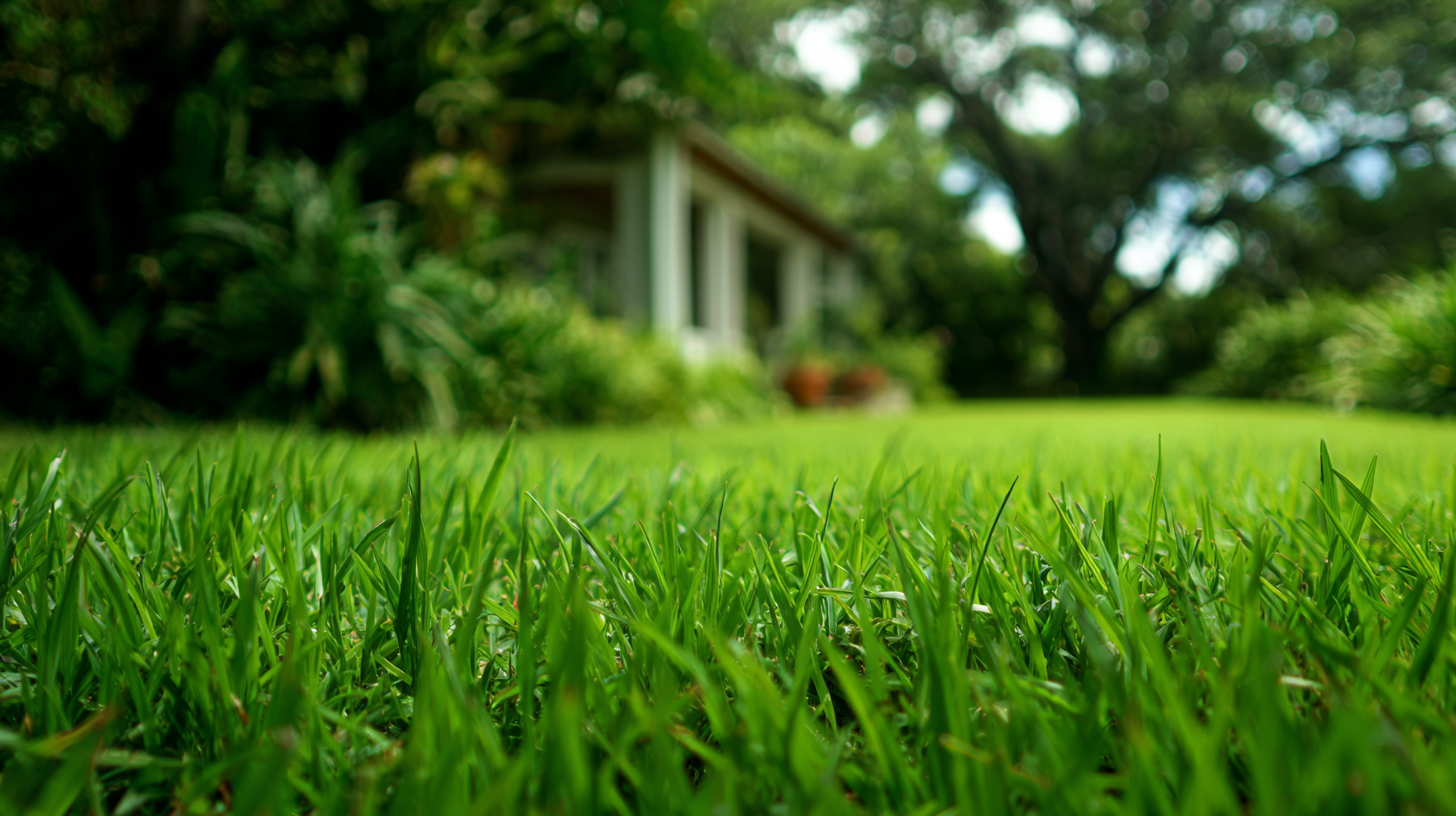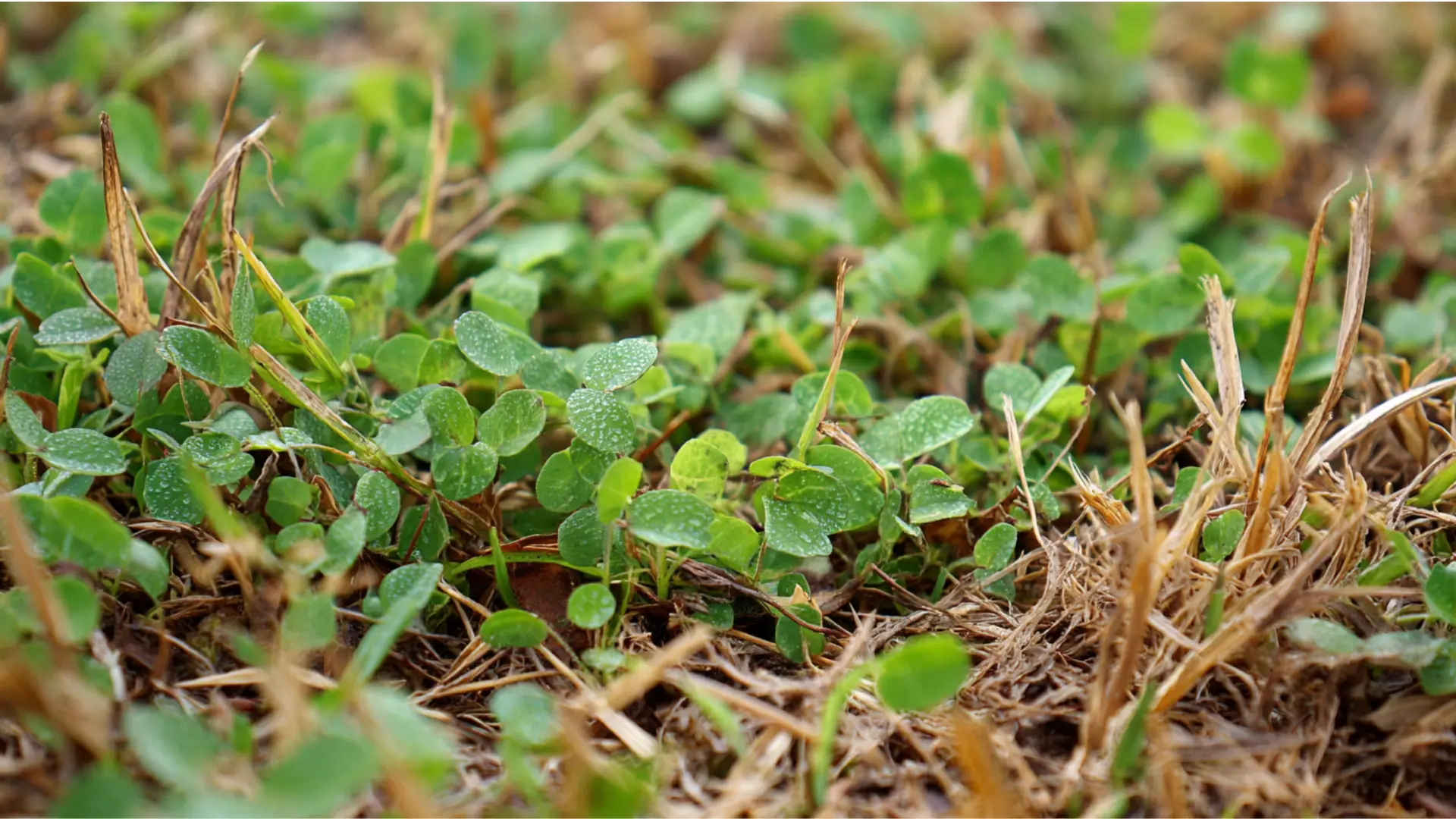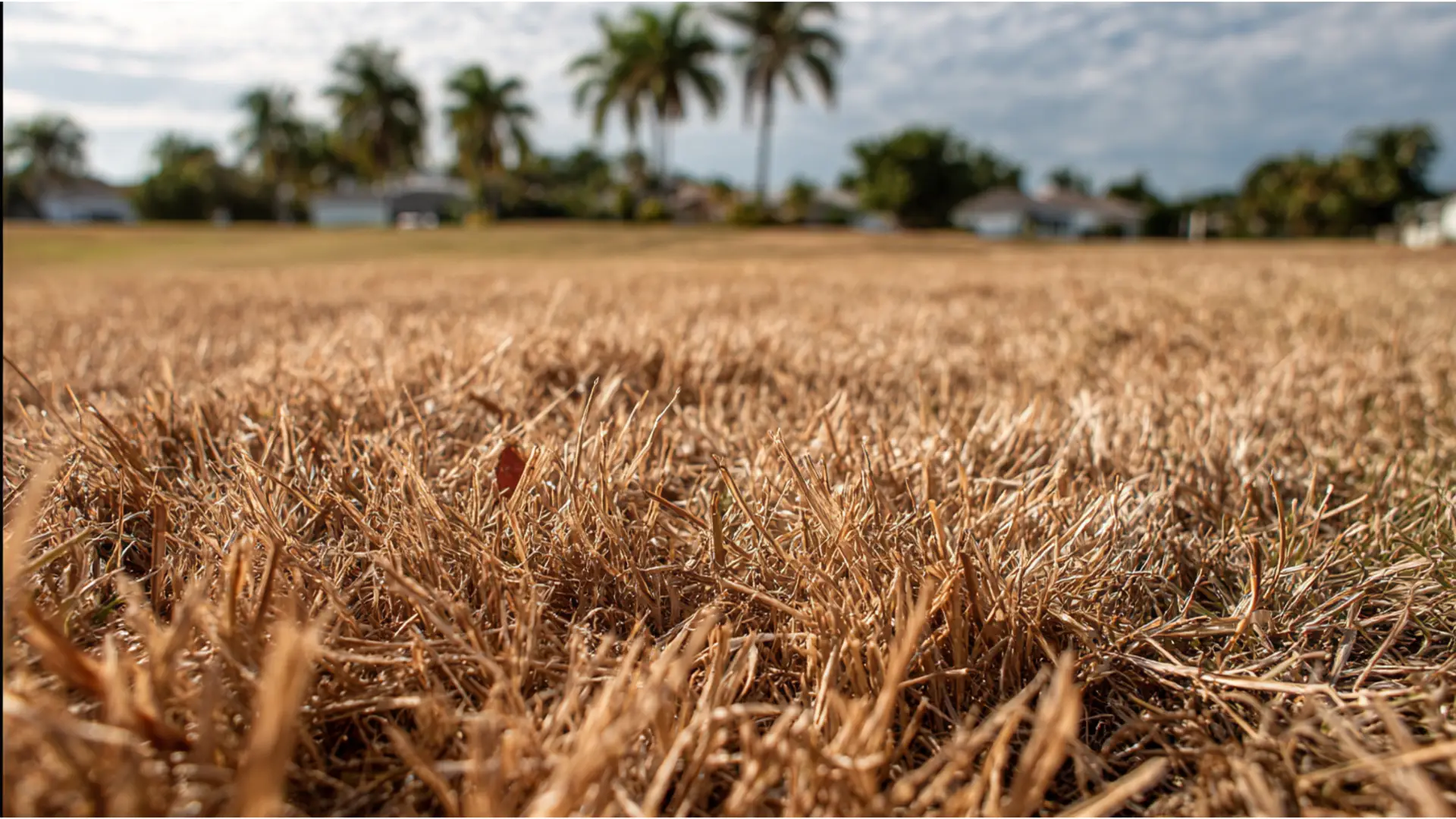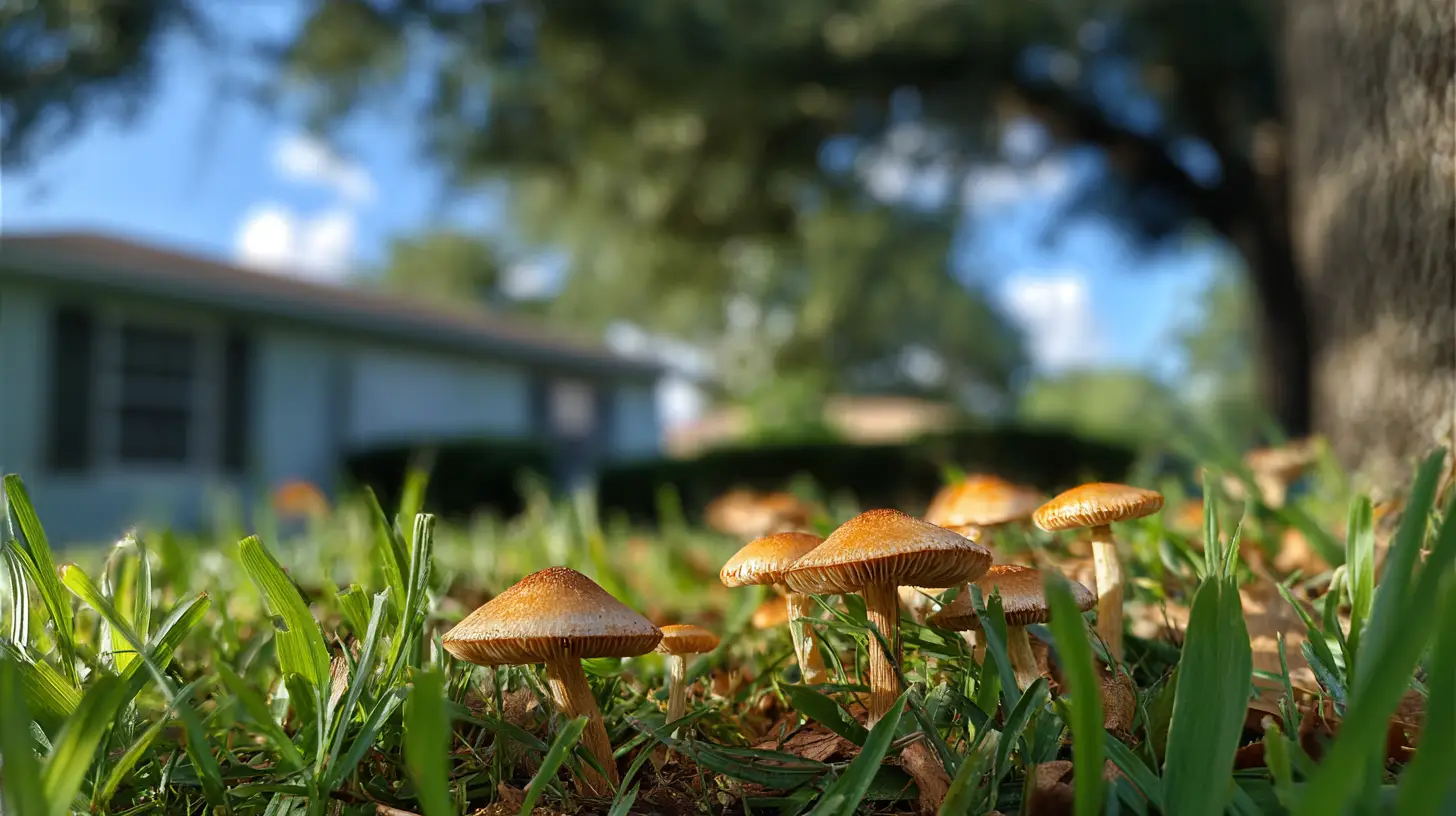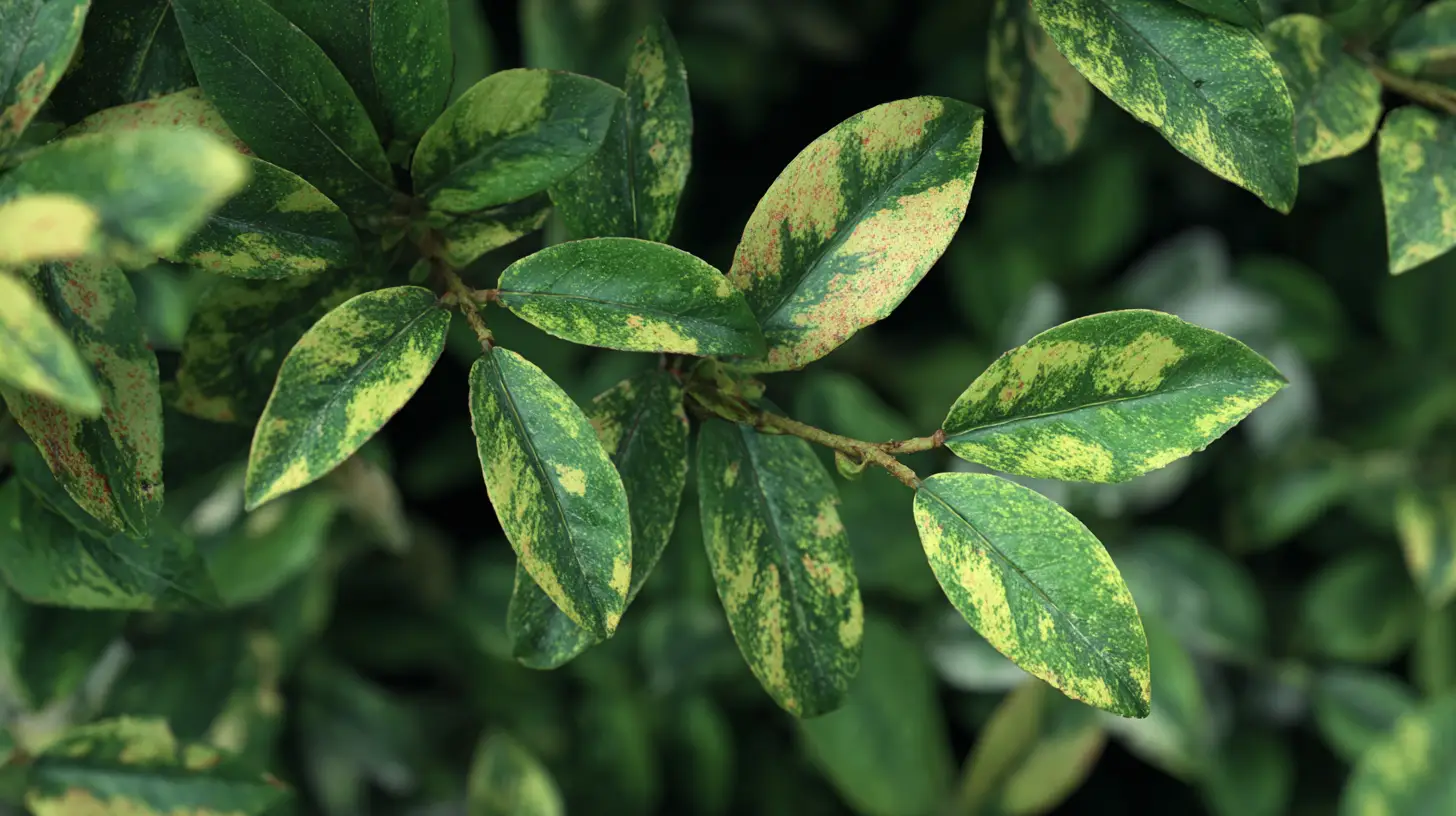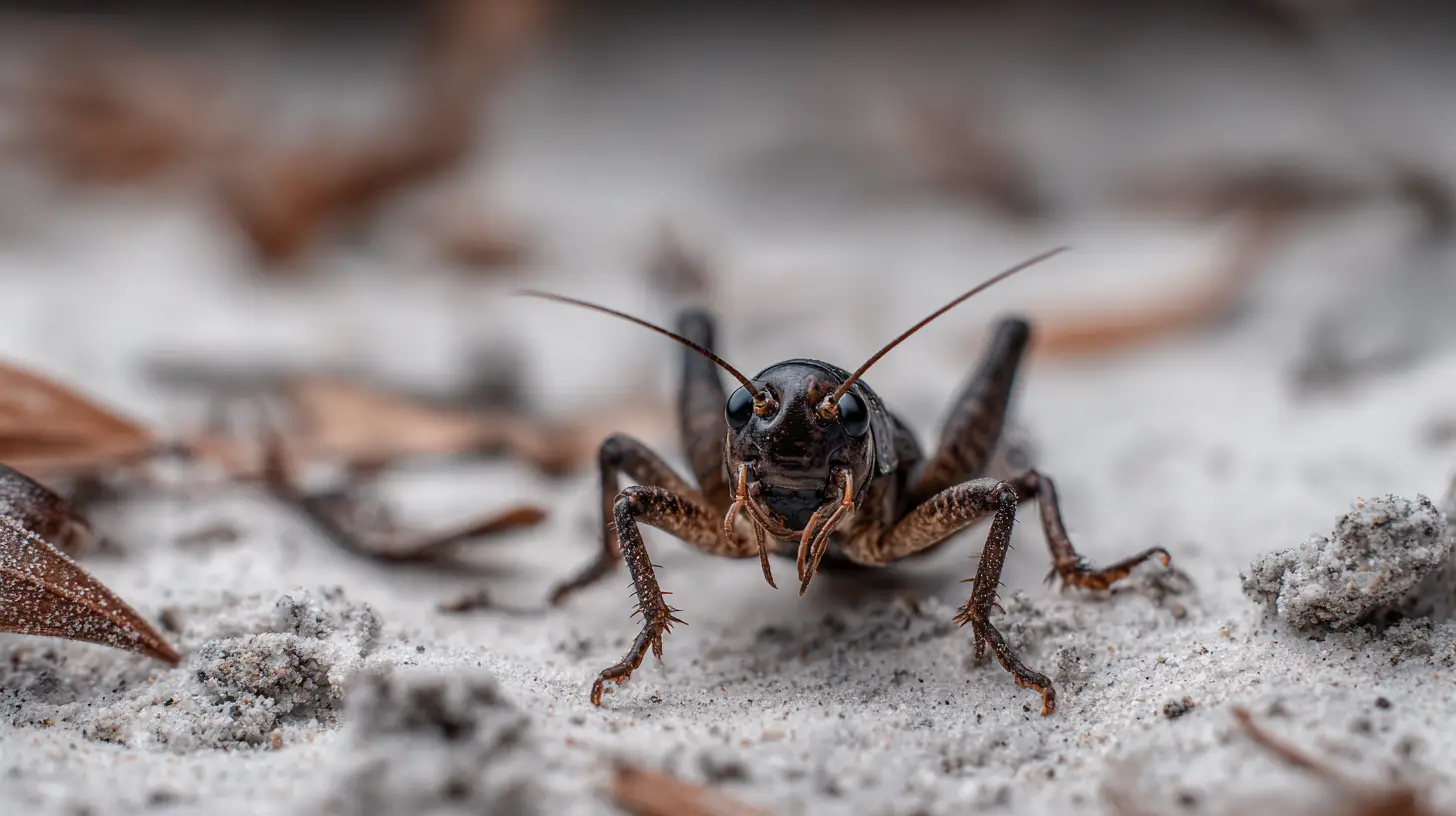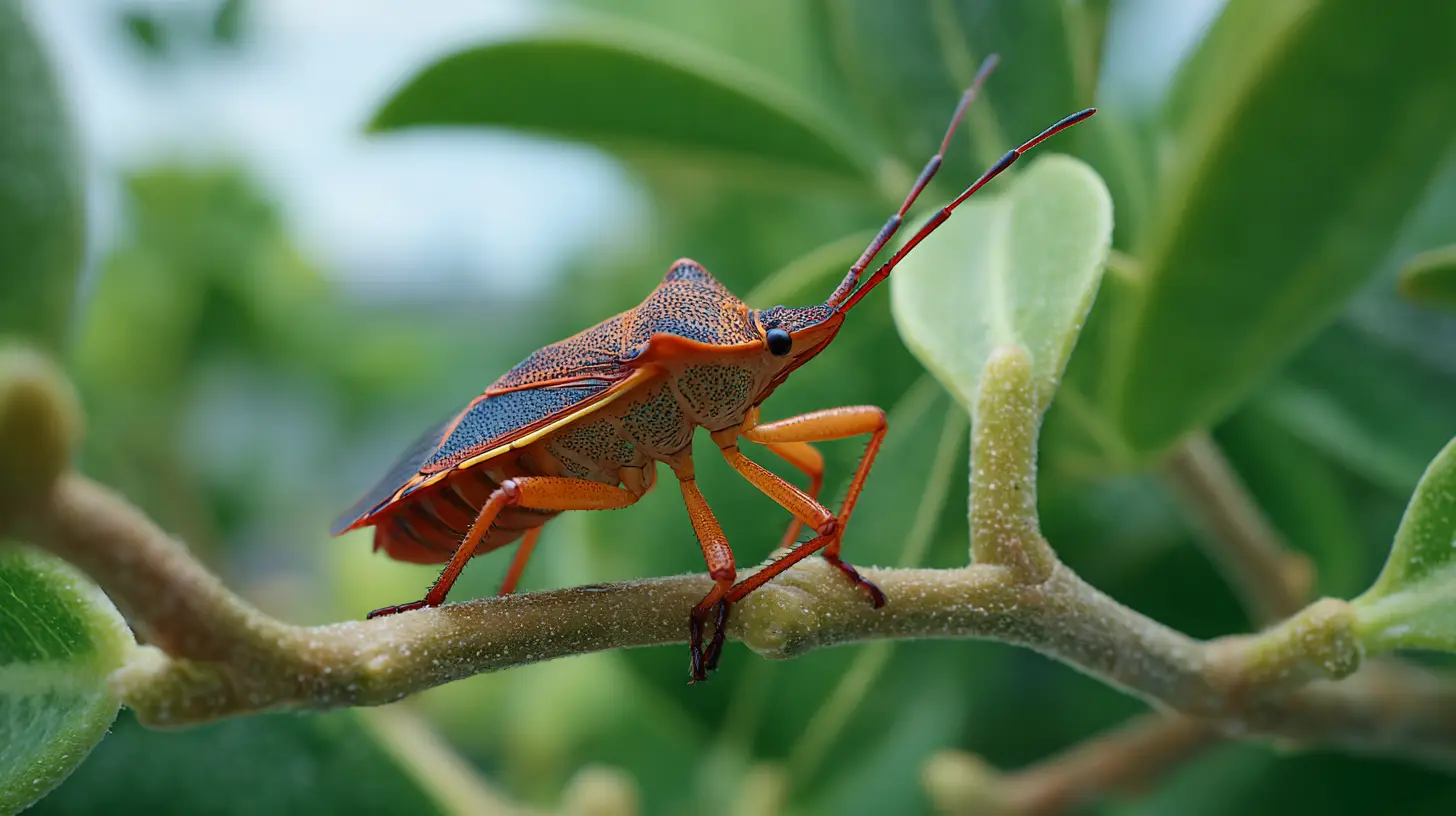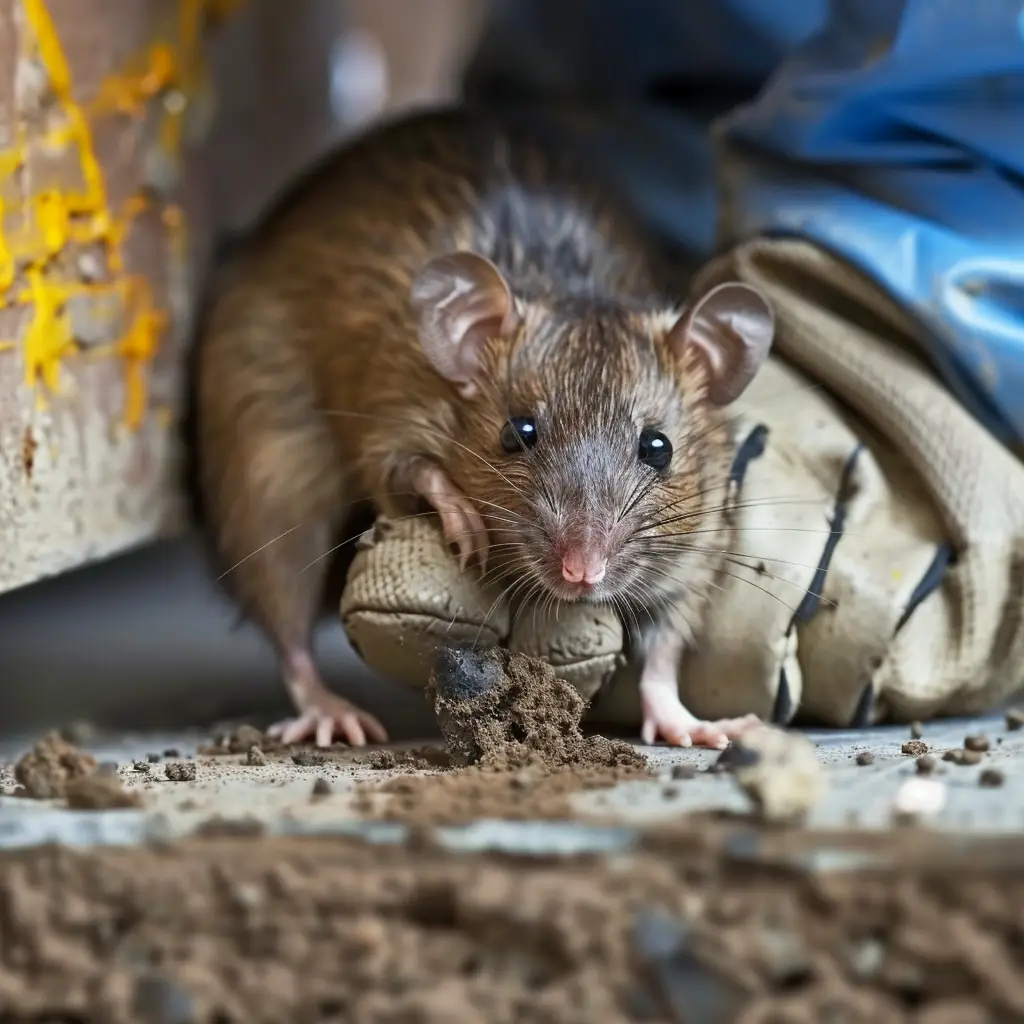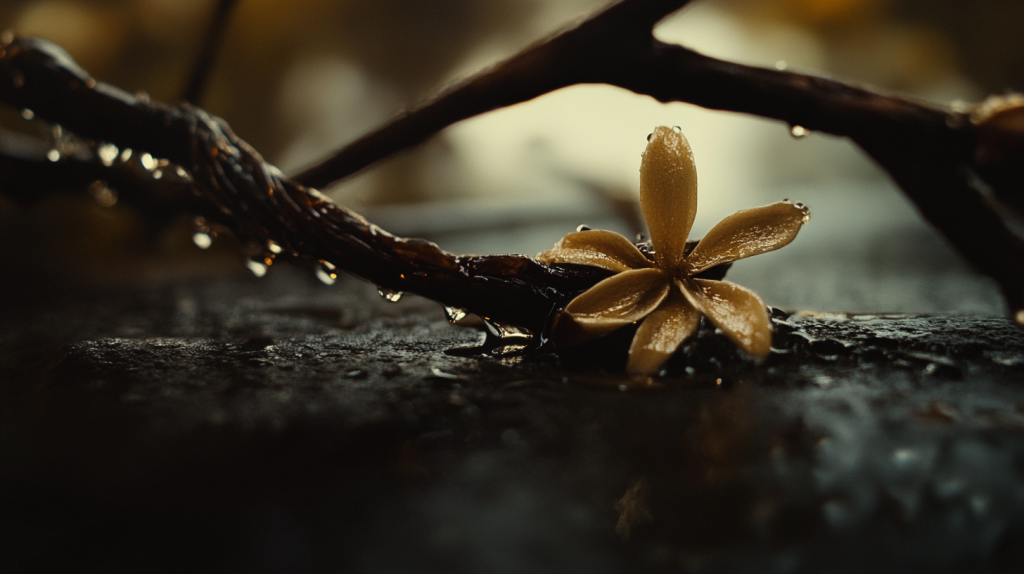
Table of Contents
Summer is in full swing, and so are those pesky mosquitoes. If you’ve been scrolling through social media lately, you’ve probably seen claims that vanilla extract can be your secret weapon against these blood-thirsty insects. But before you raid your pantry and start dabbing vanilla behind your ears, let’s separate fact from fiction.
Key Takeaways
- Vanilla Reality Check: Vanilla extract provides only minimal, short-term mosquito repellent effects by temporarily masking the body odors that attract them.
- Application Issues: For any noticeable effect, you’d need to apply large amounts every 30 minutes directly to your skin—impractical for most situations.
- Environmental Control: The most effective mosquito management starts with eliminating standing water where they breed—even tiny amounts can support hundreds of mosquito larvae.
- Plant Power: Certain plants (marigolds, lavender, lemongrass) naturally repel mosquitoes and can be strategically placed around outdoor living areas.
- Air Movement Matters: Fans are surprisingly effective since mosquitoes are weak fliers and can’t navigate through consistent airflow.
- When to Call Pros: If mosquitoes remain problematic despite your best efforts, professional pest control services offer targeted treatments that provide longer-lasting relief.
The Vanilla Extract Claim
The internet is buzzing with the idea that vanilla extract is a natural, chemical-free alternative to commercial bug sprays. The typical DIY recipe calls for mixing one tablespoon of vanilla extract with one tablespoon of water and applying it directly to your skin. Sounds simple and pleasant enough, right?

Get Pest-Free Today!
Trust Waves Pest Control for expert pest solutions in Florida. Call now or request your free quote online!
Request a QuoteWhy Vanilla Extract Falls Short
The problem with using vanilla extract as a mosquito repellent boils down to a few key issues:
- Short-lived effect: The scent dissipates quickly, requiring frequent reapplication
- Inconsistent results: What works in one environment might not work in another
- Concentration issues: Store-bought vanilla extract isn’t concentrated enough to provide significant protection
- Sticky situation: Pure vanilla extract is sticky when applied to skin, making it uncomfortable in hot weather
Think about it this way: if vanilla extract were truly effective at repelling mosquitoes, commercial repellent manufacturers would have capitalized on this long ago with vanilla-based products.
More Effective Alternatives
Rather than relying on vanilla extract, experts recommend these proven methods for keeping mosquitoes at bay:
1. Eliminate Standing Water
Mosquitoes breed in stagnant water, and they don’t need much of it. Daniel Baldwin, a board-certified entomologist at Hawx Pest Control, points out that mosquitoes can lay eggs in as little water as what fits in a bottle cap. Take a walk around your property and eliminate water in:
- Buckets and containers
- Children’s toys
- Old tires
- Bird baths (change water frequently)
- Clogged gutters
- Plant saucers
- Pet water dishes (refresh daily)
2. Strategic Planting
Certain plants naturally repel mosquitoes due to the compounds they release. Consider adding these to your garden and patio areas:
- Marigolds
- Lavender
- Lemongrass
- Citronella grass
- Basil
- Rosemary
- Mint
These plants not only help deter mosquitoes but also enhance your outdoor spaces with beauty and fragrance.
3. Use Fans Outdoors
This simple solution is often overlooked. Mosquitoes are weak fliers, and a steady breeze makes it difficult for them to land on you. Baldwin notes that setting up fans on your patio or deck creates air movement that mosquitoes struggle to navigate through.
As a bonus, the moving air also disperses the carbon dioxide we exhale, making it harder for mosquitoes to locate us in the first place.
4. Citronella and Essential Oil Candles
Citronella candles have long been a staple for outdoor gatherings, and for good reason—they work, at least in the immediate vicinity. Baldwin also recommends candles containing essential oils like lemon, eucalyptus, and lavender for added protection.
For best results, place multiple candles around your seating area to create a perimeter of protection.
5. Seal Entry Points
Don’t forget about the indoors! Mosquitoes can find their way into your home through the smallest openings. Take time to:
- Repair torn window screens
- Seal gaps around doors and windows
- Check for openings around pipes and utility entries
- Keep doors closed, especially during dawn and dusk when mosquitoes are most active
6. Professional Help
When DIY methods fall short, it’s time to call in the professionals. Pest control experts have access to treatments that target mosquito breeding grounds and provide longer-lasting protection than any home remedy.
The Bottom Line
While vanilla extract makes for a delicious addition to cookies and cakes, it falls short as an effective mosquito repellent. Instead of relying on this kitchen staple, focus on proven strategies like eliminating standing water, using fans, planting mosquito-repelling plants, and sealing entry points to your home.
When chemical repellents are necessary, products containing DEET, picaridin, or oil of lemon eucalyptus provide reliable protection backed by scientific research. And remember—if your mosquito problem persists despite your best efforts, professional pest control services can provide targeted solutions for lasting relief.
Have you tried vanilla extract as a mosquito repellent? What worked (or didn’t work) for you? Share your experiences in the comments below!
Frequently Asked Questions (FAQs)
Does any amount of vanilla extract repel mosquitoes?
While vanilla extract may temporarily mask the scents that attract mosquitoes to humans, its effectiveness is minimal and short-lived. You would need to apply it frequently (about every 30 minutes) and in liberal amounts to see any noticeable effect.
Are there other kitchen ingredients that work better than vanilla?
Some people report success with lemon juice, apple cider vinegar, or garlic oil, but like vanilla extract, their effectiveness is limited and temporary. Crushed herbs like mint or basil may provide slightly better results when rubbed on skin, but still don’t compare to proper repellents.
What natural mosquito repellents actually work?
Oil of lemon eucalyptus (OLE) is the only plant-based repellent recommended by the CDC. It provides protection comparable to low concentrations of DEET. Other essential oils like citronella, lemongrass, and peppermint oil can provide some protection but require frequent reapplication.
Why do mosquitoes seem to bite some people more than others?
Mosquitoes are attracted to carbon dioxide, lactic acid, and certain body odors—all of which vary from person to person based on genetics, diet, and activity level. People with higher body temperatures, pregnant women, and those who have been drinking alcohol often attract more mosquitoes.
Will eating certain foods repel mosquitoes?
Despite popular claims, there’s little scientific evidence that eating foods like garlic or taking vitamin B supplements will make you less attractive to mosquitoes. Your external application of repellents and environmental control measures are much more effective.
Does clothing color affect mosquito attraction?
Yes, mosquitoes are more attracted to dark colors like black, navy, and red. Wearing light-colored clothing can make you less visible to mosquitoes, especially combined with other preventive measures.
How can I protect my children from mosquitoes without chemicals?
For young children, focus on physical barriers like window screens, mosquito nets, and appropriate clothing (light colors, long sleeves). Time outdoor activities to avoid peak mosquito hours (dawn and dusk), and use fans when outside. The CDC approves oil of lemon eucalyptus products for children over 3 years old.
Do ultrasonic mosquito repellers work?
Scientific studies have consistently shown that ultrasonic devices claiming to repel mosquitoes don’t provide significant protection. Save your money and invest in proven solutions instead.

